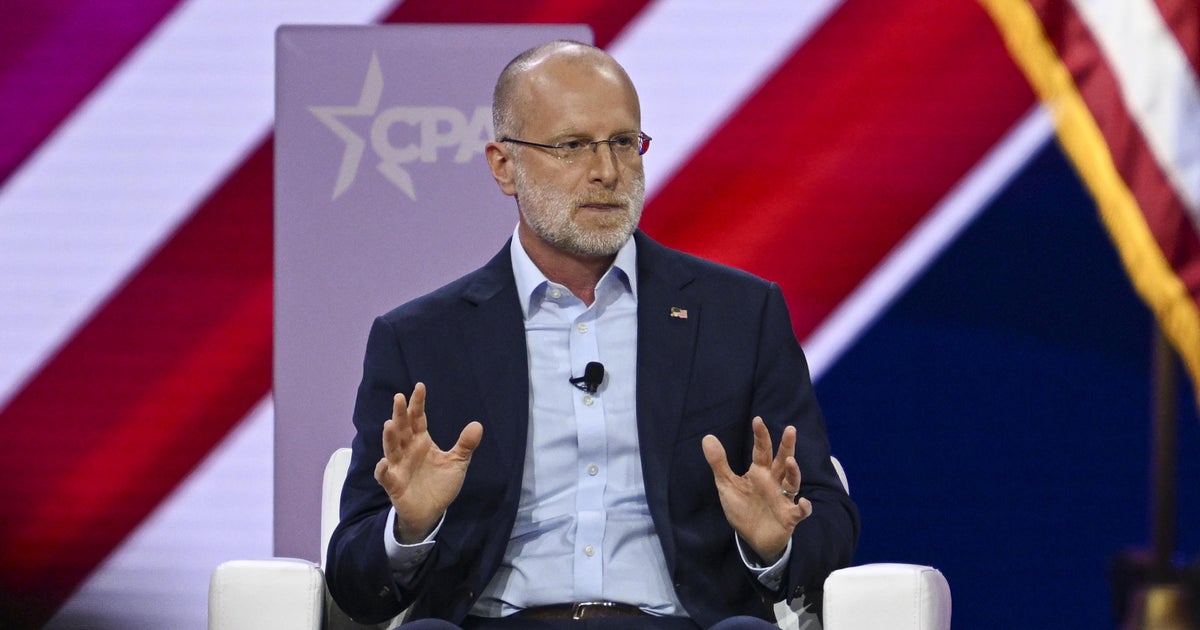Why Uber investors revolted against Travis Kalanick
Whether the case of Uber CEO Travis Kalanick represents a new page for Silicon Valley may be unclear, but the message the ride-hailing company sent to its investors is unmistakable: Brash, sexist behavior isn't good for business.
Kalanick, 40, became a household name for all the wrong reasons. While his brainchild revolutionized the taxi industry by putting a high-tech gloss on hailing a ride, his own management style was far less polished. After allegations of sexual harassment within the corporation and several gaffes from Kalanick, he resigned.
Directly and indirectly, women played a key role in steering Kalanick out of a job. Many women customers have deleted the app from their smartphones in response to the company's culture of sexual harassment. As Uber's board of directors came under fire for allowing the freewheeling culture to spin out of control, its sole woman board member, Arianna Huffington, took on a more prominent role.
Why force Kalanick out now? The end game is likely a successful initial public offering (IPO), which could be marred by bad behavior from top executives.
"If you want to create value and if there's a scandal, it does create a shadow over the company," said Brooke Schneider, an associate in the employment practice of Withers Bergman. "Anything that taints or tarnishes the reputation is important for shareholders."
She added, "There is a concern about legal liability here. If there are employees who feel they have been discriminated against, they may use this as leverage to bring a lawsuit."
Uber didn't immediately return a CBS MoneyWatch request for comment.
Huffington, considered to be a possible replacement for Kalanick, was at the center of another well-publicized ousting over sexist behavior. As Uber's only female board member, Huffington advocated for women on boards during a staff meeting called to talk about the company's culture. After all, when one women joins a board, she said, it's likely that a second will follow.
"Actually, what it shows is that it's much more likely to be more talking" when women join a board, replied 74-year-old board member David Bonderman, founding partner of TPG Capital. He soon resigned from the board and issued a statement calling his comment inappropriate and careless.
Stereotypes about women in business such as Bondsman's are typically far off the mark. Studies have found that men either dominate work conversations or are equally engaged with women, yet men are also much more likely to interrupt women than men, undercutting their authority and voice.
Huffington, while becoming more visible in her work with Uber, has also taken her fair share of criticism. Journalist Kara Swisher of Recode, a long-time chronicler the tech industry, took Huffington to task earlier this week for saying Kalanick had been redeemed and that his earlier decision to take a leave of absence was a step forward.
Notably, it was key investors who forced Kalanick to resign, rather than board members. Uber's investors include venture firm Benchmark, First Round Capital, Lowercase Capital, Menlo Ventures and Fidelity Investments, which is led by CEO Abigail Johnson.
Even so, Silicon Valley's venture culture is notoriously male-focused, and Benchmark only this year hired its first female general partner, Sarah Tavel, a former Pinterest executive.
Those investors likely have a bigger goal in mind than catering to Kalanick's bro-centric behavior: ensuring a successful IPO for Uber.
The company's problems include far more than sexual harassment. A closely watched legal battle with Google (GOOG) over technology for self-driving cars is a top concern. In that case, Google sued Uber after the ride-hailing service poached a top executive.
Data practices and questions over driver screening have also heightened consumer concerns. Incidents such as reports of surge pricing after the most recent London terror attacks added fuel to the fire, with more consumers tweeting #DeleteUber.
Uber's revenue has been revving up, but its loss is big enough to drive not just one but several trucks through. The company in April said it lost $2.8 billion last year on revenue of $6.5 billion.
Given its investment in technology and growth, Uber can't afford to alienate potential and current customers with adolescent behavior. Investors in an IPO will carefully scrutinize Uber's financial statements for signs of weakness on the revenue front, since keeping that engine purring will be key to eventually turning a profit.
"They're in a tenuous position," Schneider of Withers Bergman said. "People who are willing to transform a business and show they can improve it are useful and would be extremely productive. But how many will want to come into an organization that at this point is dealing with so much?"



